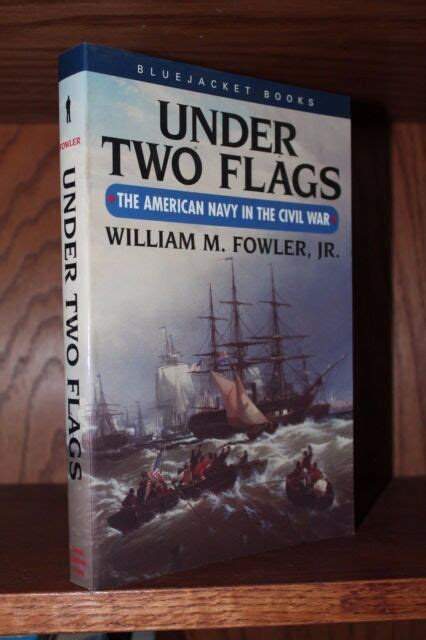Цитата Гейл Кэрригер
Я люблю викторианскую эпоху, и всегда любил, но у меня была поддержка в написании, потому что я был знаком со многими научными достижениями викторианской эпохи. И это привело к огромному интересу к науке этого периода истории.
Связанные цитаты
Вы, наверное, слышали о теории времени паровой машины — что даже после того, как паровая машина была изобретена, она должна была ждать, пока люди не будут готовы ее использовать. То же самое происходит и в литературных кругах. По правде говоря, меня не очень интересуют викторианские времена; Меня интересуют викторианские писатели. Я интересуюсь большинством эпох истории, но не особенно Викторианской эпохой. Меня интересовала экспедиция Джона Франклина. Меня интересовали эти последние пять странных лет жизни Диккенса. И я просто должен принять возраст, который приходит со всем этим, когда я пишу об этом.
Меня совершенно не интересует происхождение Стоунхенджа. Меня не волнует реальная история, стоящая за этим, или нужно ли его спасать или нет. Что меня интересует, так это то, что в викторианскую эпоху вы могли отправиться туда как ранний культурный турист, и вам дали долото, чтобы отколоть кусочек камня и взять его с собой. Это то, что вы делали в викторианские времена.
Я родился в Англии и ходил в школу там. Именно тогда я обнаружил в себе неугасающую страсть к истории – не только средневековья, но всех периодов истории. Мои любимые средневековые, елизаветинские и георгианские; тем не менее, я писал рассказы, действие которых происходит уже в Древнем Риме, вплоть до викторианской эпохи.
«Приливы истории» представляют собой великолепную призму, через которую мы можем увидеть более широкий мир викторианской науки. . . . Историки науки найдут повод восхвалять эту книгу, но и неспециалисты тоже. Великолепный стиль письма автора, временами уместно шаловливый, делает эту работу доступной и приятной для чтения.
Мое первое знакомство с научной фантастикой произошло, когда я прочитал произведение Герберта Уэллса, когда мне было девять или десять лет, и я не верю, что «Война миров» или «Машина времени» когда-либо были лучше. Кроме того, мне всегда нравилась одежда и приспособления викторианской и эдвардианской эпохи, которые окрашивают миры, которые я придумываю.






































